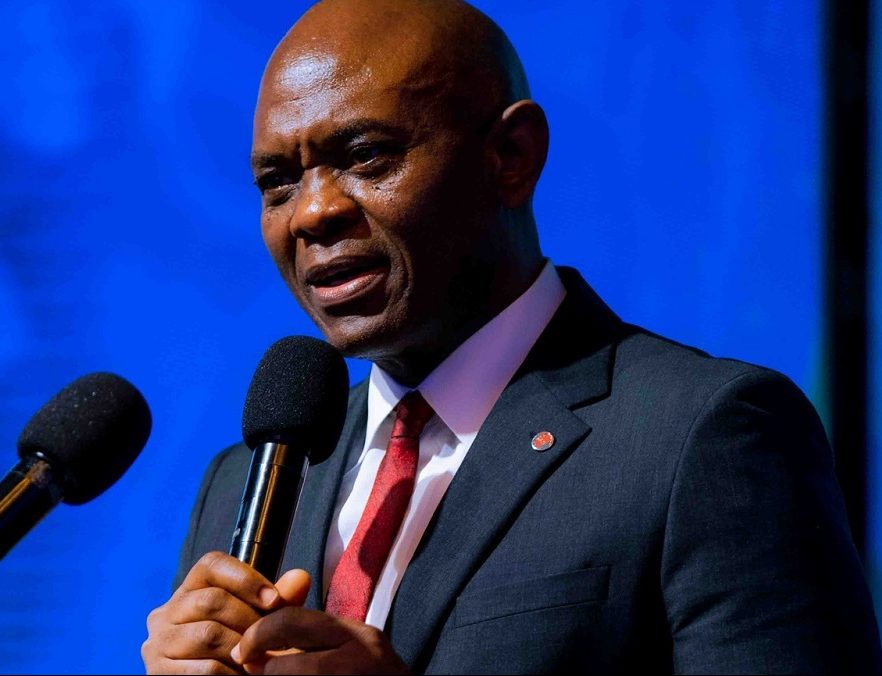Tony Elumelu, chairman of the United Bank for Africa (UBA), says the federal government needs to revamp the power industry to revive the struggling economy.
Elumelu spoke in an interview with Bloomberg on Wednesday.
The economist, who is also the chairman of Transnational Corporation (Transcorp), had its subsidiary, Transcorp Power Plc, listed on March 4, 2024, with a valuation of N1.8 trillion.
Speaking during the interview, Elumelu said insufficient transmission lines and a lack of liquidity in the electricity market are hampering growth in the industry.
The entrepreneur also blamed the lack of production in the country on low electricity. “The currency crisis is a sign of many things,” the businessman said.
“As a country, we can’t produce well enough in spite of our natural resources. The reason is lack of electricity.”
Elumelu urged the federal government to attract investors to develop the nation’s large gas reserves to fuel power stations, and allow the private sector to manage the transmission lines.
Nigeria gets about 40,000 megawatts (MW) of electricity from generators powered by petrol and diesel.
The country also generates most of its on-grid electricity through thermal and hydro, with an installed capacity of about 12,522 MW.
In 2013, the West African nation sold about 15 state-owned generators to private companies to improve efficiency while keeping ownership of the transmission lines.
However, the lack of investment in the transmission assets meant that they were too weak and inefficient to wheel power to consumers.
Regarding this, Elumelu said: “Even where you generate electricity, the grid cannot take it, so it’s a problem for us. I am advocating that we have transmission lines,” he added.
Elumelu also urged the government to ramp up gas supply for power generation by luring more private investors to develop the nation’s more than 200 trillion cubic feet of gas reserves. “Some institutions have idle gas assets or fields,” the economist said.
“Government should take some of these and let Nigerians who have the resources and means to invest in gas take them.”
On January 25, 2023, the Transmission Company of Nigeria (TCN), said the gradual decrease in available generation into the grid was a result of gas constraints to the generating companies.
The federal government had also said it would be difficult to continue to subsidise electricity, adding that the country’s debt to generation and gas companies is now N3 trillion.
On March 1, 2024, the government said it paid over $120 million to offset some of the debts owed to the gas companies — a step toward resolving the issues.

